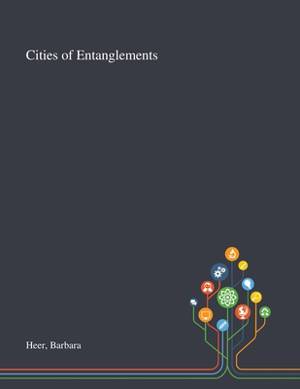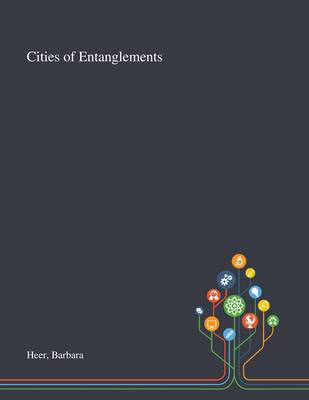
- Afhalen na 1 uur in een winkel met voorraad
- Gratis thuislevering in België vanaf € 30
- Ruim aanbod met 7 miljoen producten
- Afhalen na 1 uur in een winkel met voorraad
- Gratis thuislevering in België vanaf € 30
- Ruim aanbod met 7 miljoen producten
Zoeken
Omschrijving
How do people live together in cities shaped by inequality? This comparative ethnography of two African cities, Maputo and Johannesburg, presents a new narrative about social life in cities often described as sharply divided. Based on the ethnography of entangled lives unfolding in a township and in a suburb in Johannesburg, in a bairro and in an elite neighborhood in Maputo, the book includes case studies of relations between domestic workers and their employers, failed attempts by urban elites to close off their neighborhoods, and entanglements emerging in religious spaces and in shopping malls. Systematizing comparison as an experience-based method, the book makes an important contribution to urban anthropology, comparative urbanism and urban studies. This work was published by Saint Philip Street Press pursuant to a Creative Commons license permitting commercial use. All rights not granted by the work's license are retained by the author or authors.
Specificaties
Betrokkenen
- Auteur(s):
- Uitgeverij:
Inhoud
- Aantal bladzijden:
- 340
- Taal:
- Engels
Eigenschappen
- Productcode (EAN):
- 9781013293863
- Verschijningsdatum:
- 9/10/2020
- Uitvoering:
- Paperback
- Formaat:
- Trade paperback (VS)
- Afmetingen:
- 216 mm x 280 mm
- Gewicht:
- 789 g

Alleen bij Standaard Boekhandel
+ 82 punten op je klantenkaart van Standaard Boekhandel
Beoordelingen
We publiceren alleen reviews die voldoen aan de voorwaarden voor reviews. Bekijk onze voorwaarden voor reviews.











